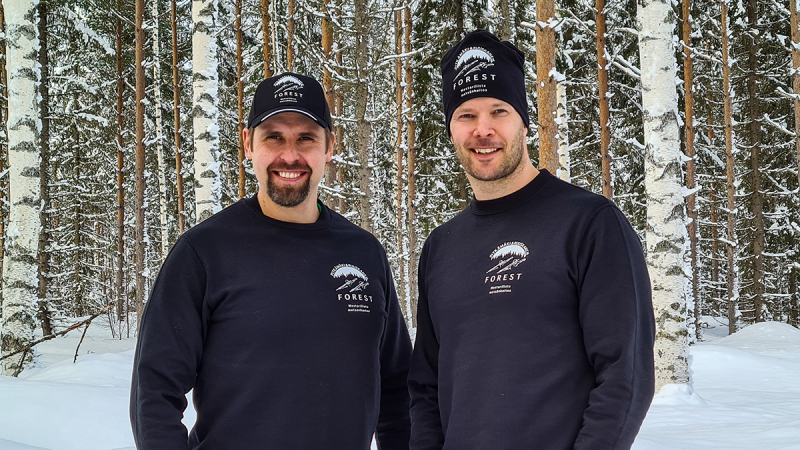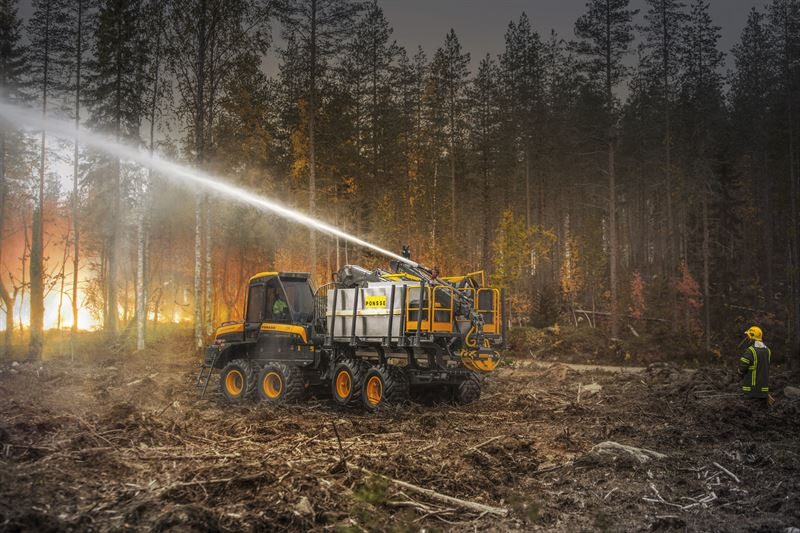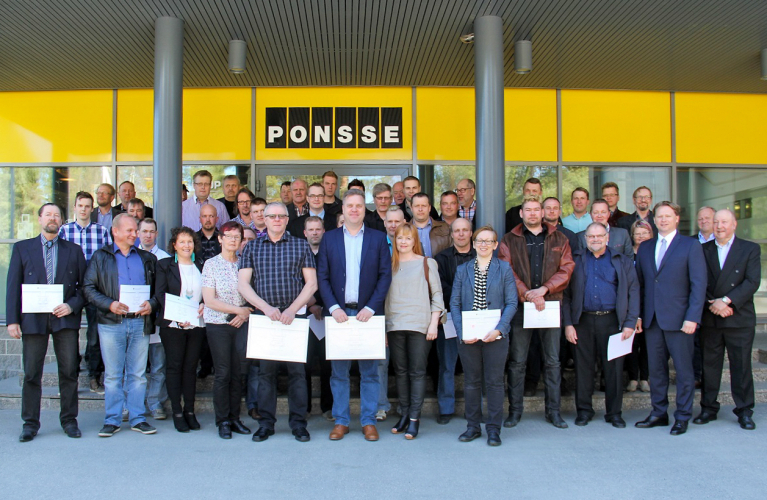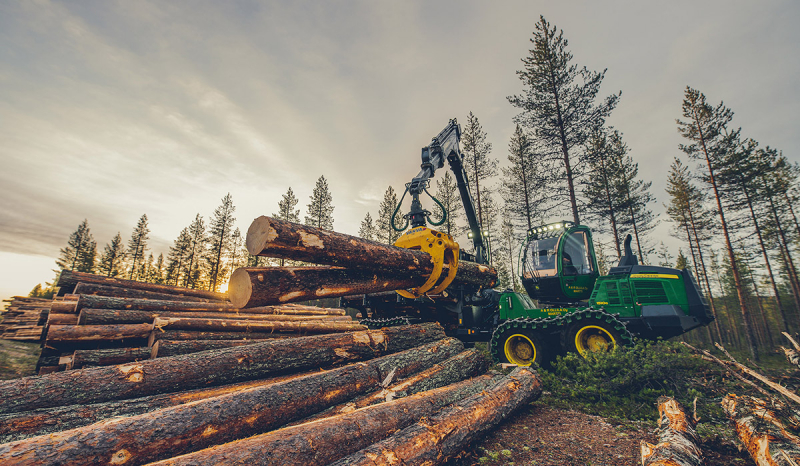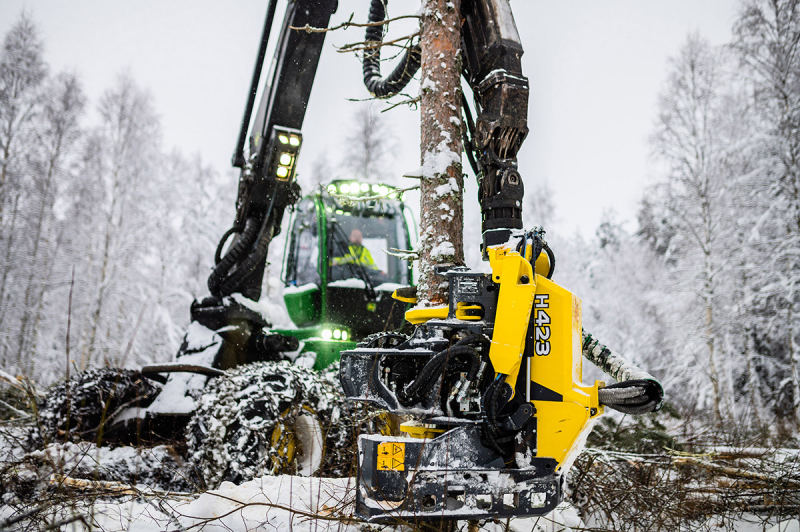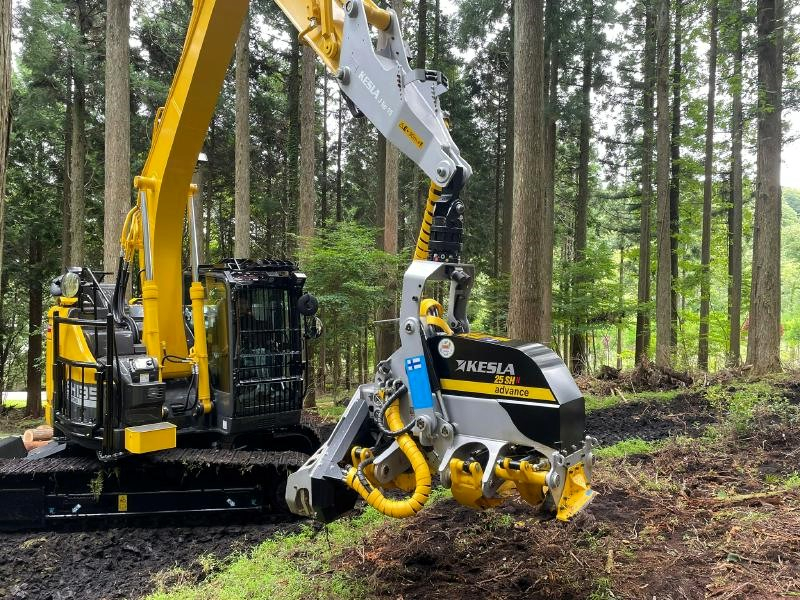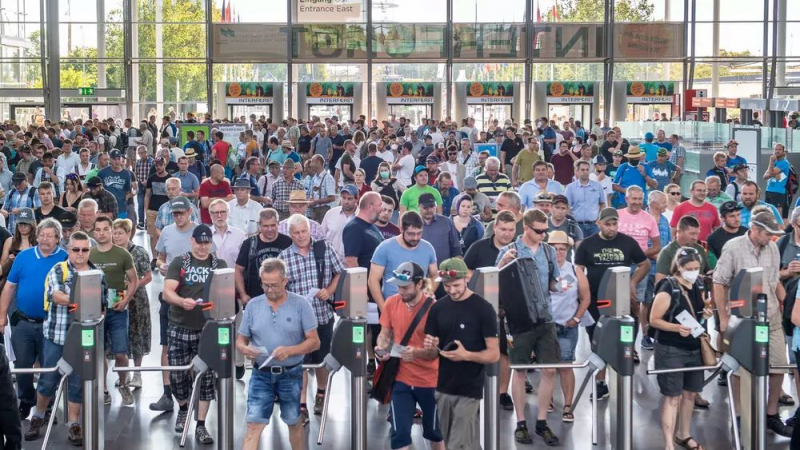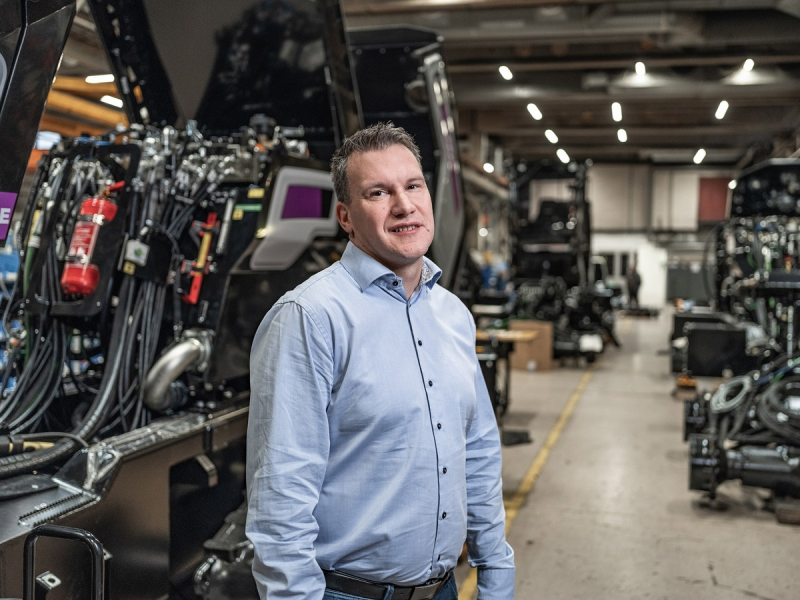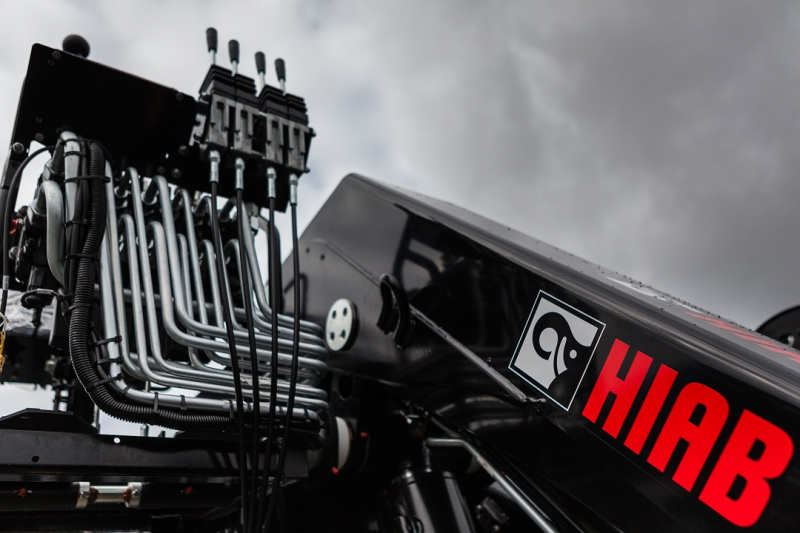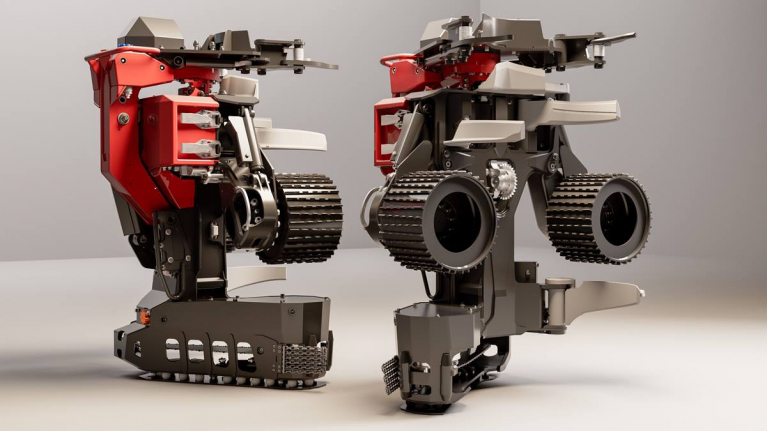Why the logging industry is lagging behind in startups
With over 7 years of experience working with forest start-ups, forest machine manufacturers and IT integrators, I share my vision and observations in working with forest companies. Everyone knows that in a growing forest industry and with the potential for technological advances in the logging and hauling, there are relatively few startups associated with forest machines and on-board software for Ponsse, Komatsu, Tigercat, Logset and other manufacturers. In this article, I provide an overview of the main reasons why there are not so many startups in logging. I will also talk about possible solutions to encourage entrepreneurship in this area.

One of the main reasons forestry machine and onboard software startups are few and far between is the high barriers to entry. The cost of developing and testing new forest machines and software is significant and requires significant investment and resources. In addition, the complexity and specialisation of the forestry make it difficult for new entrants to compete with established manufacturers like Ponsse or John Deere.
Another reason for the lack of startups in this sector is the lack of technical and IT-expertise. The forestry industry is very closed, conservative and requires specialised knowledge and skills such as an understanding of forest management practices, types of operations, types of and amount of data received from harvesters, forwarders and skidders. New generation entrepreneurs may lack this experience, making it difficult to develop viable products and services. Trimble Forestry is one of the pioneers in this sector and they are very successful.
The logging has long development cycles due to the complex nature of the equipment and regulatory framework. It can take several years to develop something from scratch and test new forest machines and on-board software, which can be a major barrier to new startups entering the market. Established manufacturers have the resources and expertise to go through these development cycles, making it difficult for new entrants to compete.
The market for forest machines and on-board software is relatively limited compared to other industries, with thousands of fleets. The forestry industry is highly specialised and the demand for new products and services may be limited to specific regions or industries. This limited market size can make it difficult for new startups to generate enough revenue to sustain their operations.
In my opinion, governments can offer incentives, such as grants or tax breaks, to encourage the development of new forestry machinery and software startups. This support could help offset some of the high entry costs and help new entrants compete with established manufacturers from Finland, Sweden, USA and Canada.
New startups can partner with established manufacturers to develop and test new forest machines and software through the Linkiwood technology cluster and hackathons. This collaboration can help new entrants gain the technical knowledge they need to compete in the industry.
I think the innovation departments of Logset, Rottne, Eco Log and the others should participate in the hackathon and participate in pitch days at the Linkiwood. This collaboration can help established manufacturers gain the technical expertise they need to compete in the industry, enhance their image with modern-minded forestry people, and attract the best talent.
And the main thing is access to investments. I am already negotiating with several funds from Germany and the USA to create a platform and the team. When venture capital firms, early-stage investors and industrial companies can invest in forestry equipment and software startups, providing the necessary capital to develop and test new products and services. These investments can help startups overcome some of the financial barriers to market entry. Any team of enthusiasts should be able to offer their idea. However, only piloting an MVP can help test ideas and get a product that fits the market well.
In conclusion I would like to invite forest machines manufacturers, start-ups and logging companies to co-operate.
Alex Wysocki
Forest tech geek and founder of Linkiwood
You can find me on social media.
Instagram: @Linkiwood
Website: www.linkiwood.com

